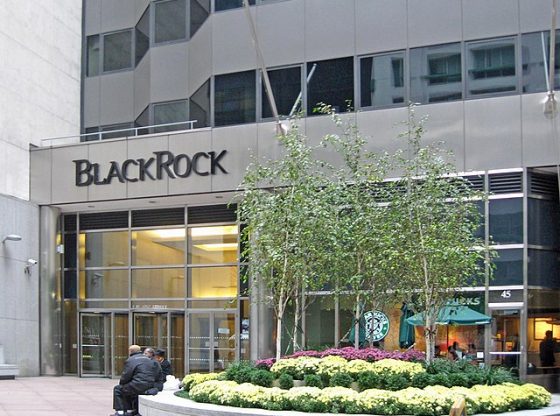Bonds that consider environmental, social and governance (ESG) factors for their investors made up just 2% of all bond issuance in the U.S., the lowest point in terms of market share since 2020 after also declining in 2022, according to Bloomberg.
ESG bond issuance as a percentage of the market reached an all-time high in 2021 and is not expected by analysts to reach that same high in 2024 as interest rates make the bond market pricier and backlash to the ESG label inhibits sales, according to data compiled by Bloomberg. ESG has come under fire by conservatives who see it as a left-wing initiative infecting the financial world, most recently leading Ohio Republican Rep. Jim Jordan, chairman of the House Judiciary Committee, to send subpoenas to financial firms Vanguard, Arjuna Capital, BlackRock and State Street Global Advisors over alleged ESG collusion, arguing it violates antitrust law.
“Calling attention to ESG through labeling your bond in the capital markets is probably a detriment right now and not an advantage as was the case when these markets first started,” Rob McDonough, director of ESG and regulatory initiatives at Angel Oak Capital Advisors, told Bloomberg.
The decline in the share of ESG bonds among the total amount of debt was most pronounced in the U.S. due to the backlash, while Europe had a smaller but still notable decline in 2023, according to Bloomberg. There still remains a substantial amount of ESG bond debt already embedded in the market, leading to lower issuance as investors struggle to find additional firms that meet their ESG requirements.
Despite the decline in relative bond issuance, borrowers still raised $527.5 billion in 2023, slightly below the record set in 2021 of $530.4 billion, according to Bloomberg.
High global interest rates set by countries’ central banks to combat worldwide inflation have also cooled demand for ESG bonds, as more investors avoid the less profitable bonds as overall security gains slump, according to Bloomberg. The U.S.’ Federal Reserve has set its federal funds rate to a range of 5.25% and 5.50%, the highest point in 22 years, following a bout of high inflation.
ESG has met particular scrutiny in the U.S., where Republican-led states, like Florida and Texas, have pulled their money from investment firm BlackRock over the company’s use of ESG investment. Republican-led states pulled almost $4.5 billion from BlackRock in 2022.
Will Kessler on December 28, 2023












